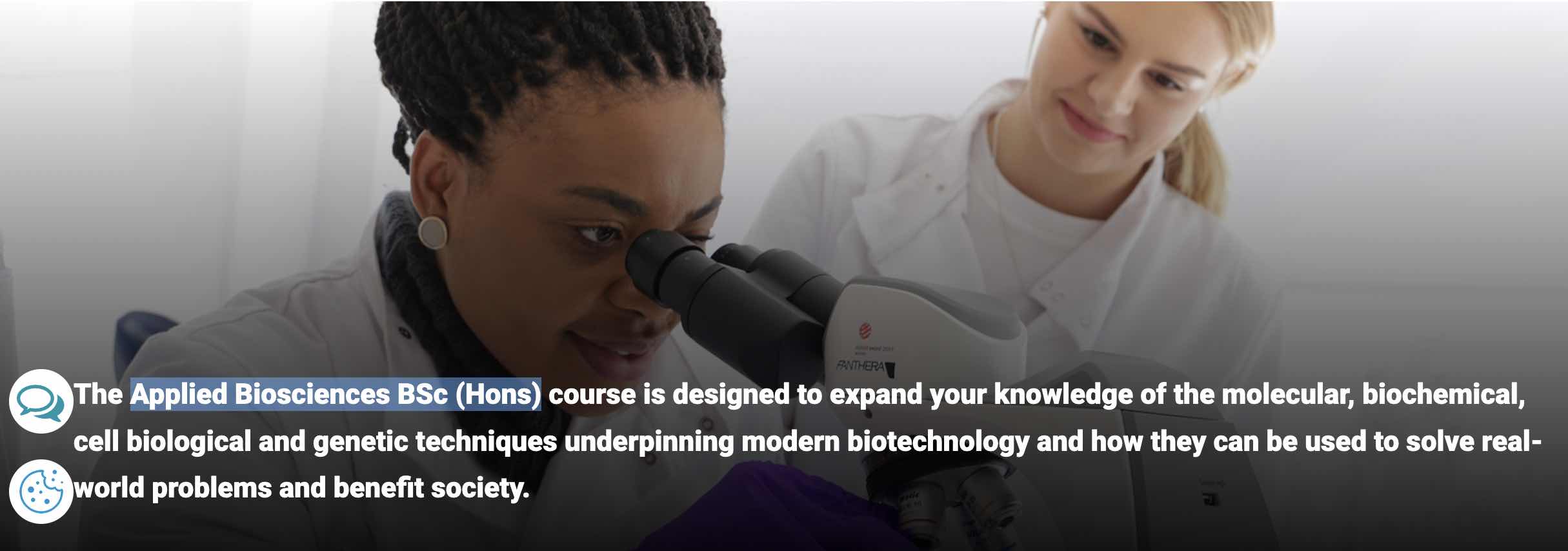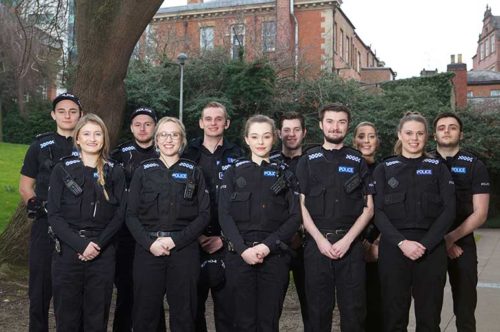This Masters level course in journalism and communications practice has a strong visual theme, designed for both the journalism and wider communications sectors. The curriculum will allow you to focus on mastering a broad suite of technical and practical (and most often visual) communication skills, such as smartphone/mobile journalism and content creation, video, audio, stills, pages, graphics, news/feature writing and scripting, and media law. In addition, the PR element of the course includes topics such as the theory and practice of corporate and institutional reputation management, and the communications toolkit roles and elements such as lobbying, campaigns, content marketing, events, SEO and evaluation. Opportunities for work-based learning are integrated, and at the heart of the course, our students have the opportunity of working with industry partners.
The course recognises that content is king when it comes to communications and offers a practical and theoretical approach to understanding the way the digital age has impacted on the business of communications and journalism. It has the key Reithian principles of ‚inform, educate and entertain’ at its core. It encourages an understanding and practical application of the production and circulation of information in the digital era and seeks to build critical competencies while recognising that the way we live, work, and communicate has been reconfigured in recent years.
What you will study
Students who study full-time will complete the course in a year. Part-time students will take two years. The course combines a mix of core and optional modules, including the following.
Persuasive Writing
Using the fundamentals of journalism practice as a starting point, this module will explore writing and storytelling for a range of platforms and outlets, from press releases to commercial copywriting to news stories. It will require students to develop their own unique style while appreciating the requirements of the professional communicator to develop a wide skill base and appreciation of accuracy, tone, and the ability to follow an agreed brief that feeds into the written narrative.
Communications: From concepts to practices
This is an introductory critique of key concepts and tools of modern journalism and communications practice. It will examine the theoretical underpinnings of the subject by exploring how they are utilised to ameliorate or influence issues within society, industry and the environment. There will be an emphasis on understanding how traditional means of communications are evolving and how the industry is impacted.
The Media Workplace
The purpose of this module is to introduce and facilitate the work-based experience and to provide you with the practical experience of producing industry-based specialist subject work. This is achieved through an industry work placement or workplace simulation and through introducing the expectations and practices of working to industry requirements, therefore working with professional competence.
Creative Visual Storytelling
The module will allow you to explore the key principles of the current practices of visual journalism and media communications, underpinned by a series of key lectures on the history of and current practices of new media, trans media, writing for online and feature content, interactive media and new technology to tell and visualise stories.
The direction will be towards client-led and live briefs where possible, and will explore the practice and application in key areas such as Multiplatform storytelling, data visualisation, short-form video, mobile generated content, audio / podcasting, augmented realities, 360 video and interactive media exploring new ways to create content for print, online and mobile.
Media Research Toolkit
The purpose of this module is to equip you with the skills and approaches required for researching within media organisations, to inform critical analysis of the media and in particular, media audiences, while giving you the ability to identify sources appropriate to specific research tasks and communicate these to a range of different audiences.
This content will allow you to develop professional competence in identifying and realising opportunities for digital story-telling across a range of platforms by originating ideas, gathering component materials and producing appropriate multi-media artifacts.
Students will also apply professional tools such as social listening, including social media monitoring, as a research tool that allows researchers to analyse and act on conversations and feedback.
Real World Practice
You will create a significant body of work that exhibits the level of your technical, aesthetic, and intellectual abilities, in relation to your chosen specialism.
Media Power and Justice
The aim of this module is for you to develop a firm understanding of media-related law, regulation and ethics as you apply specifically to multiplatform storytelling in journalism and the wider communications industry. This module will offer you the confidence to operate safely and require you to discuss, critique and work with the emerging challenges in this area, including who owns the copyright of an image and whether a tweet could result in a court appearance.
Teaching
Students will be taught via a mix of workshops, seminars, lectures and tutorials, as well as guest lectures and masterclasses from industry professionals and the opportunity to work with industry partners on projects and placements. Students will have the opportunity to join a rich range of added value activities offered around the faculty plus bespoke ones for their own course.
The MA Visual Journalism is delivered from USW Cardiff, our city centre campus. You should expect to be on campus one to two days each week of term time (full time students) with the addition of online delivery for some elements of the course. On campus delivery may include some early evenings and occasional weekend activities, to best fit around students’ work-life balance.
You will also develop a professional portfolio in a range of media and a strong social media presence, along with learning essential skills to prepare you for employment or freelance working in the communications and/or media industry.
Assessment
Assessment will be via a series of practical assessments based around live briefs and production projects, combined with written reflections and critical analysis of students’ work.
Zobacz więcej na stronie uniwersytetu >>
Wiza studencka do Wielkiej Brytanii
Aby studiować w Wielkiej Brytanii potrzebujesz wizy studenckiej. Aby złożyć wniosek o taką wizę studencką musisz zdjać certyfikat językowy na poziomie B2.
Uważaj! Do celów wizowych musisz wybrać wyłącznie egzamin w wesji Secure English Language Test (SELT) UKVI .
Co to jest test SELT UK VI registration? Przeczytaj więcej o testach SELT UKVI >>









